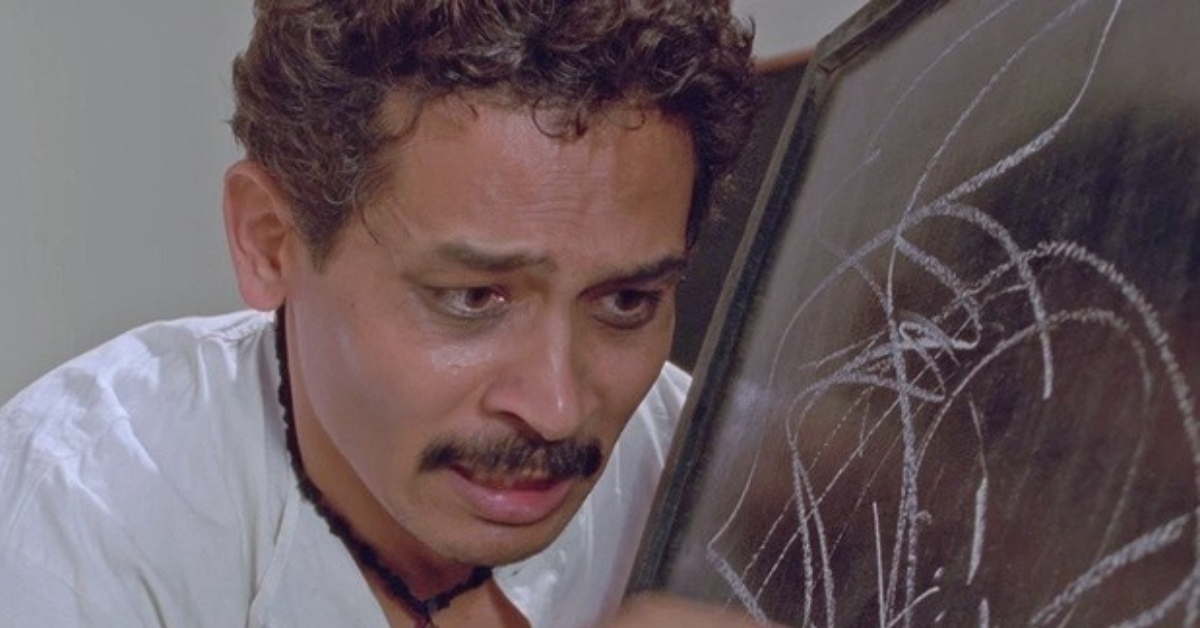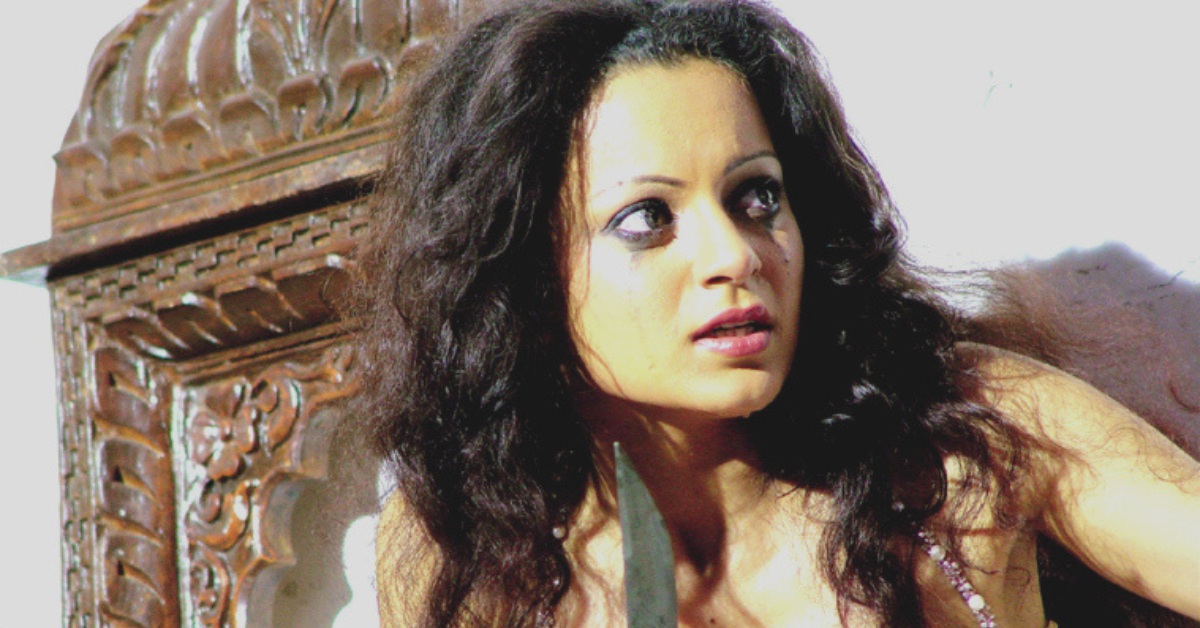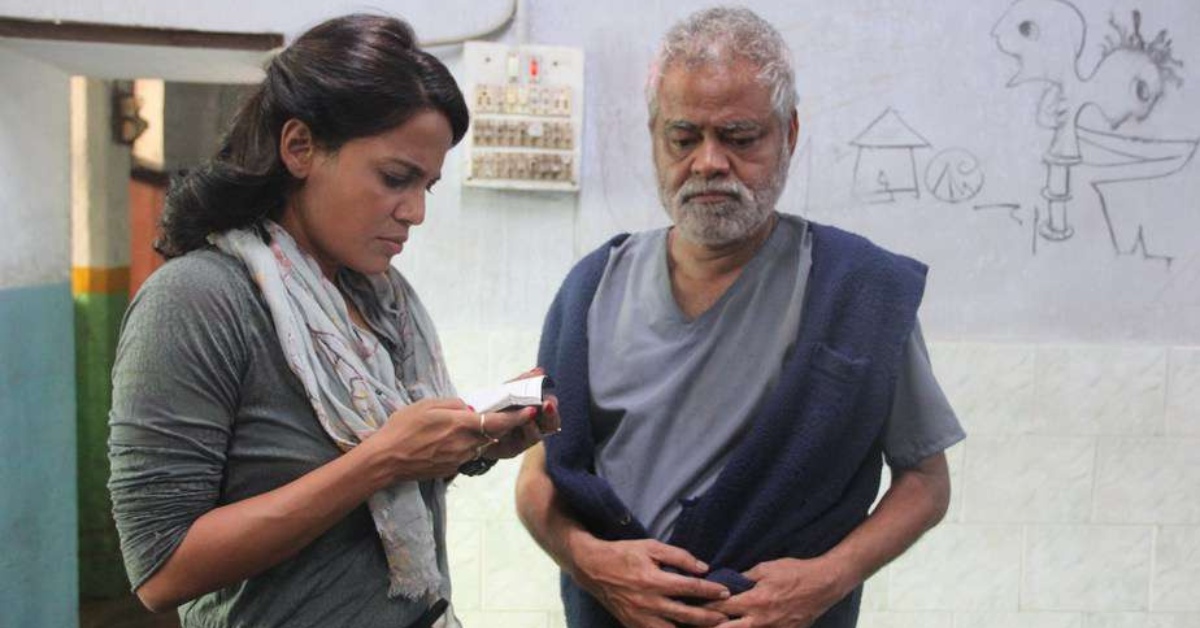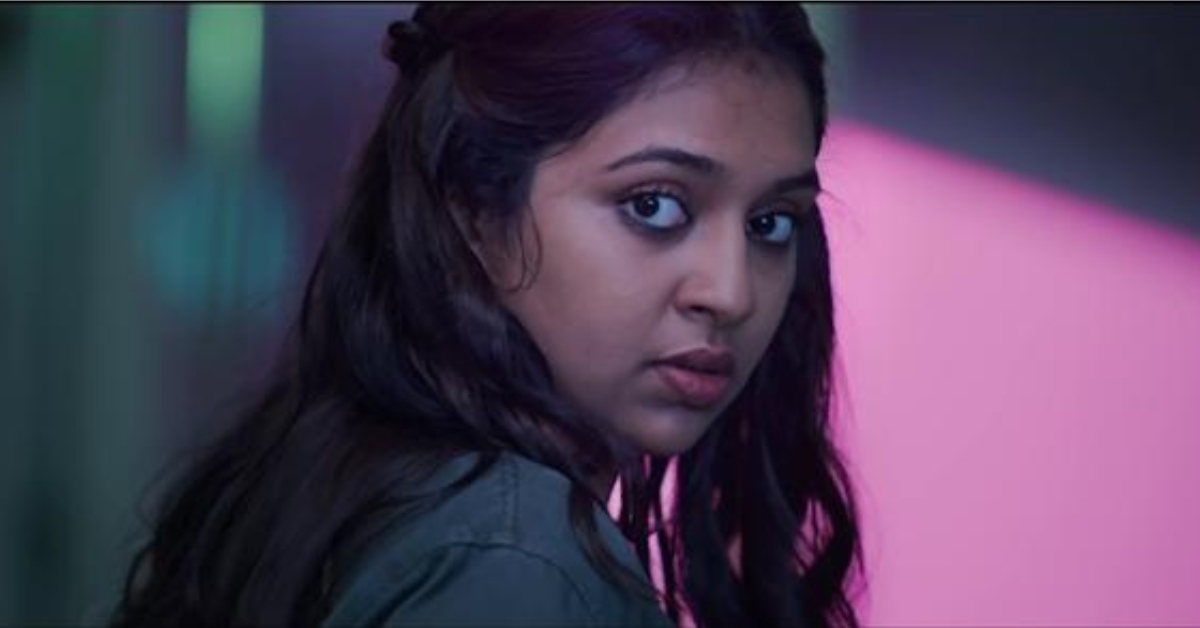5 Indian Films That Show Schizophrenia Isn’t Just a Plot Twist — It’s Someone’s Reality
Imagine you’re at a family gathering, and someone mentions a relative who’s been “acting strangely” — perhaps hearing voices, withdrawing from loved ones, or believing things that don’t seem real. The conversation quickly changes, the room falls silent, and the topic is quickly brushed aside. It’s an all-too-familiar scene in India, where schizophrenia is still deeply misunderstood and wrapped in stigma.
According to the National Institute of Mental Health (USA), schizophrenia is a serious mental illness that affects how a person thinks, feels, and behaves. Despite affecting over 3 million people in India, awareness remains low, and stigma runs deep.
Cinema, with its power to build empathy, can help change that. Stories told on screen don’t just entertain — they make us feel, reflect, and often see the world through someone else’s eyes. Over the years, some Indian films have portrayed schizophrenia with honesty and care. Here are five that stand out for their sensitive and nuanced storytelling.
1. Devrai (2004)
The story
Shesh Desai, a once-promising science student, becomes increasingly withdrawn and obsessed with a sacred grove (‘Devrai’) near his village. As his mental health deteriorates, he experiences hallucinations and delusions, leading to a diagnosis of schizophrenia. The film follows Shesh’s journey and the impact of his illness on his sister Seena and their family.
 Devrai offers an intimate look at how schizophrenia affects both a young man and the family trying to support him.
Devrai offers an intimate look at how schizophrenia affects both a young man and the family trying to support him.
Why to watch
Produced in collaboration with the Schizophrenia Awareness Association, Devrai offers an intimate and authentic portrayal of the condition. The film delves into the protagonist’s inner world, illustrating his connection to nature and the ensuing conflict between his perceptions and reality. Praised for its sensitivity and realism, Devrai received multiple awards, including Best Film and Best Actor at the 11th Screen Awards (Marathi).
2. 15 Park Avenue (2005)
The plot
Meethi, a 30-year-old woman, lives with schizophrenia, constructing an alternate reality where she believes she is married with children. Her elder sister, Anjali — becomes her anchor. She strives to care for Meethi while grappling with the challenges that come with the condition. The film explores the complexities of mental illness and its impact on familial relationships.
 In 15 Park Avenue, a woman’s imagined life unfolds with striking poignancy, revealing the quiet weight of schizophrenia.
In 15 Park Avenue, a woman’s imagined life unfolds with striking poignancy, revealing the quiet weight of schizophrenia.
Why to watch
15 Park Avenue offers a poignant depiction of schizophrenia, highlighting the delicate balance between reality and delusion. The film’s sensitive approach fills you with empathy and understanding, shedding light on the emotional toll of mental illness on both the individual and their loved ones.
3. Woh Lamhe (2006)
The plot
Inspired by the life of actress Parveen Babi — known for her role in Deewar— Woh Lamhe follows Sana Azim, a successful actress battling schizophrenia. As her mental health deteriorates, she struggles to distinguish between reality and hallucination, affecting her career and relationships. The film portrays her tumultuous relationship with filmmaker Aditya and her descent into mental illness.
 Woh Lamhe traces the emotional unravelling of a successful actress battling schizophrenia amidst fame and isolation.
Woh Lamhe traces the emotional unravelling of a successful actress battling schizophrenia amidst fame and isolation.
Why to watch
Woh Lamhe provides a raw and unflinching look at schizophrenia, particularly within the high-pressure environment of the film industry. Kangana Ranaut’s performance brings depth to the character, offering insight into the challenges faced by those living with mental illness.
4. Rakkhosh (2019)
The plot
Rakkhosh presents the story of Birsa, a patient in a mental asylum, through a first-person point of view. The film delves into his hallucinations and delusions, blurring the lines between reality and imagination. As Birsa navigates his inner demons, the audience gains an immersive experience of his schizophrenic mind.
 Through a first-person lens, Rakkhosh brings viewers into the disorienting and often terrifying world of a schizophrenic mind. Picture source: Asian Movie Pulse
Through a first-person lens, Rakkhosh brings viewers into the disorienting and often terrifying world of a schizophrenic mind. Picture source: Asian Movie Pulse
Why to watch
As India’s first POV film, Rakkhosh offers a unique portrayal of schizophrenia. The innovative storytelling technique allows viewers to experience the protagonist’s mental state firsthand, fostering a deeper understanding of the condition.
5. AGP (2022) – A Woman’s Battle Within
The plot
AGP follows Pooja, a young woman diagnosed with schizophrenia, as she grapples with her condition amidst societal stigma and personal turmoil. The film explores her internal struggles and the impact of her illness on her relationships and daily life.
 AGP follows Pooja’s struggle with schizophrenia, sensitively capturing the emotional and societal challenges she faces daily. Picture source: Movie Crow
AGP follows Pooja’s struggle with schizophrenia, sensitively capturing the emotional and societal challenges she faces daily. Picture source: Movie Crow
Why to watch
AGP follows Pooja, a young woman living with schizophrenia, as she confronts the realities of her condition amidst societal stigma and personal turmoil. Lakshmi Menon’s nuanced performance brings authenticity to Pooja’s inner world, highlighting the emotional and relational challenges that come with mental illness.
By moving beyond stereotypes and presenting authentic experiences, these films encourage viewers to see the person beyond the diagnosis. As we continue to engage with such narratives, we take steps towards a more inclusive and empathetic society.
If you or someone you know is experiencing mental health challenges, remember that help is available, and you’re not alone. Here are some trusted helplines in India offering free, confidential support:
- Tele-MANAS: A Government of India initiative providing 24/7 mental health support in multiple languages. Call 14416.
- Vandrevala Foundation Helpline: Offers 24/7 support via call or WhatsApp. Call 9999 666 555 or visit vandrevalafoundation.com.
- iCall: A service by Tata Institute of Social Sciences offering free and confidential support. Call 9152987821 or visit icallhelpline.org.
- Mpower 1on1: Provides 24/7 mental health support. Call 1800-120-820050 or visit mpowerminds.com.
- AASRA: A Mumbai-based helpline offering support for those in distress. Call 91-22-27546669 or visit aasra.info.
Edited by Saumya Singh
News